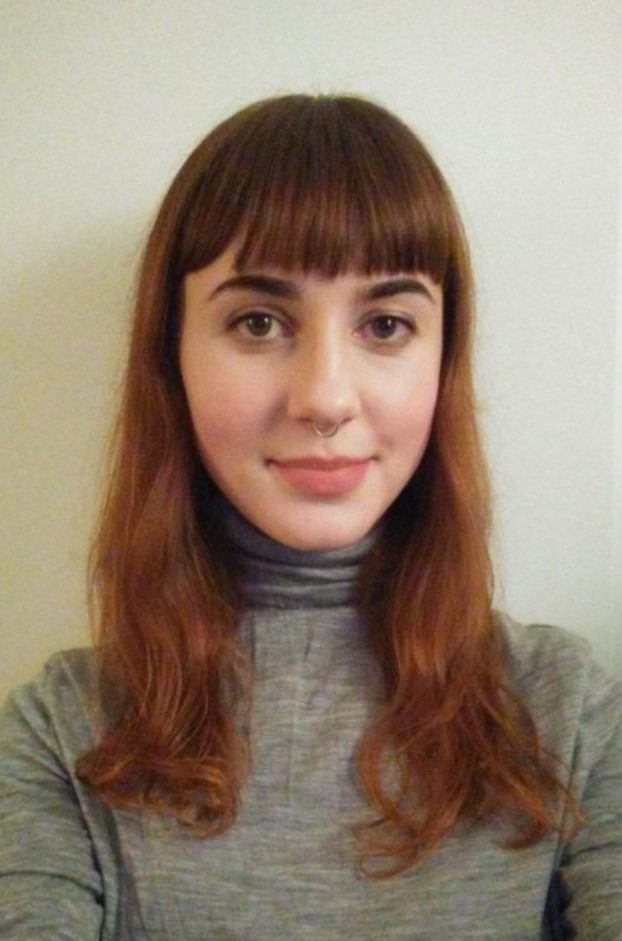What area of expertise and interest do you have?

I’ve studied how social, economic, and political institutions maintain inequalities, and my undergrad thesis looked at how local, state, and federal policy support white flight and resource segregation in Portland Public Schools. After Reed, I did a stint in business survey research. I then worked with a nonprofit providing resources to adult entertainers to thrive as they see fit, who face everything from stigma to complex taxes. I believe systemic problems need systemic solutions, and organizations cannot build equity without practicing it internally.
What does opportunity mean to you?
Opportunity means that the doors open to you don’t depend on your position at birth. It requires social, economic, and political systems that close gaps of inequity, rather than widen them. It means reparations for past and present exploitation that continues to harm communities of color. It means leveling the playing field to create equitable access to the resources to pursue one’s potential.
What difference can financial security make for individuals and communities?
Its impact can hardly be overstated. Countless forms of opportunity stem from it. Without basics like food and shelter, it’s almost impossible to build a stable life and pursue what you care about.
What’s your favorite quote?
“Life begins at the end of your comfort zone” and “Neutrality helps the oppressor”. Our privileges largely exist before birth, while biases are learned. We’re responsible for both if we neglect to dismantle them. It’s crucial to interrogate ourselves, ask hard questions, and translate answers into action.
Choose one author, living or dead, that you’d like to have dinner with.
Isaac Asimov. His sci-fi deals with super interesting moral, societal, and philosophical questions.
What are you looking forward to most about this position?
So much of our life trajectory is shaped by our position at birth, rather than hard work or merit. I’m thrilled to contribute to research on a program that helps break that cycle. Good research is crucial where questions of equity are involved — it’s dangerous to assume you’re doing everything right. And while never perfect or objective, high quality research digs into how things are working, and translates that data into meaningful conclusions about what to do better. It’s important, challenging, and fascinating, and I’m excited to be part of that.
